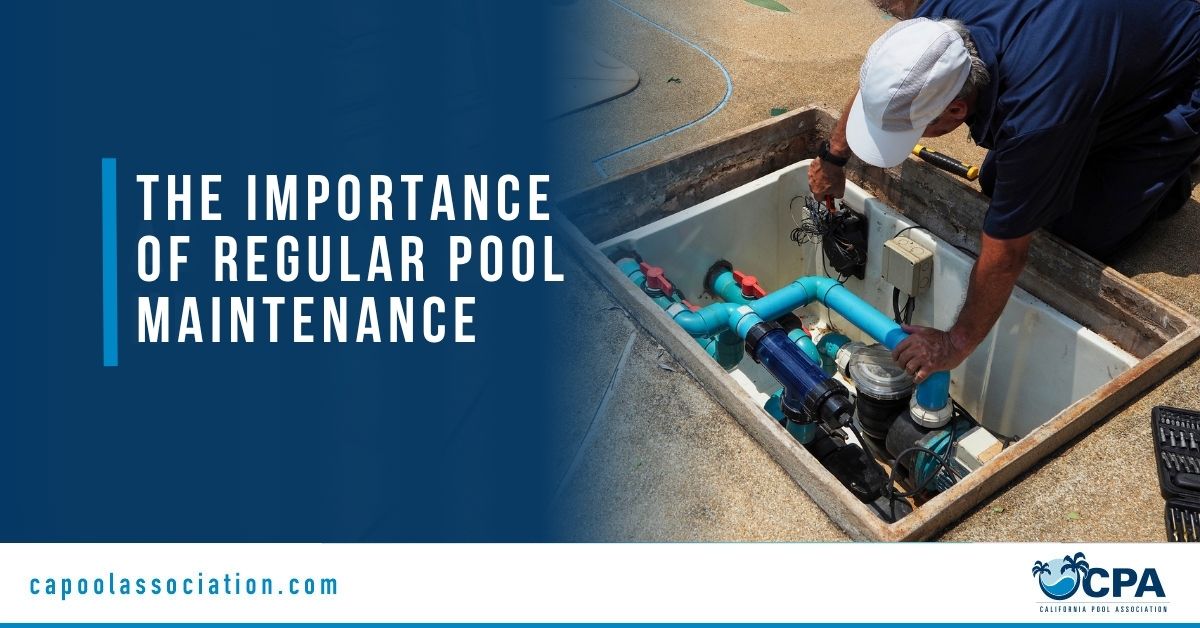
Regular pool maintenance isn’t just about aesthetics—it’s a fundamental aspect of ensuring swimmer safety, maintaining operational efficiency, and controlling long-term costs. For pool owners, property managers, and facility operators in California, understanding the importance of routine pool maintenance is crucial for both financial savings and providing a safe, enjoyable swimming environment.
Keeping your pool in excellent condition through consistent maintenance provides numerous benefits. It not only keeps your pool looking pristine but also helps you avoid costly repairs, safety hazards, and regulatory fines. Proper maintenance can significantly extend your pool’s lifespan, protect your investment, and provide peace of mind for both operators and swimmers alike.
Maintain optimal water chemistry levels—including chlorine, pH, alkalinity, and calcium hardness—to ensure swimmer comfort, safety, and equipment longevity. Schedule regular testing multiple times weekly, especially during peak swimming seasons, and make necessary chemical adjustments promptly.
Inspect and maintain your pool’s filtration and circulation systems regularly. This includes cleaning and replacing filters, checking pumps, inspecting valves, and confirming that water flow rates meet recommended standards. Regular attention to these systems prevents failures, reduces energy consumption, and keeps water clean and safe.
Regularly skim debris from the pool surface, brush pool walls and tiles, vacuum pool floors, and clean skimmer baskets. Keeping your pool consistently clean prevents algae growth, reduces staining, and extends the lifespan of pool finishes.
Periodically inspect all pool-related equipment—including pumps, heaters, lighting, drains, ladders, diving boards, and safety equipment—for signs of wear, malfunction, or damage. Promptly addressing minor repairs helps avoid more significant problems down the road.
Regularly inspect and maintain your pool area and decking to prevent slip-and-fall accidents and other safety hazards. Repair loose tiles, cracks, or uneven surfaces quickly, and ensure proper signage is clear and visible at all times.
Working closely with trained pool maintenance professionals ensures your pool receives expert care, saving you time, money, and potential headaches. Professional pool technicians have the experience, knowledge, and equipment needed to identify issues quickly, perform necessary repairs, and maintain consistent compliance with California regulations.
Regular pool maintenance is more than just a chore—it’s an investment in safety, cost efficiency, and the long-term value of your property. By committing to consistent, high-quality pool care, you create safer swimming environments, save significantly on long-term maintenance costs, and provide greater peace of mind for you, your staff, and your patrons.
At the California Pool Association, we understand the importance of proper pool maintenance. We offer resources, training, and professional connections to help you keep your pools safe, compliant, and cost-efficient.
For expert guidance or support on effective pool maintenance strategies, reach out to us today—we’re here to help you succeed!